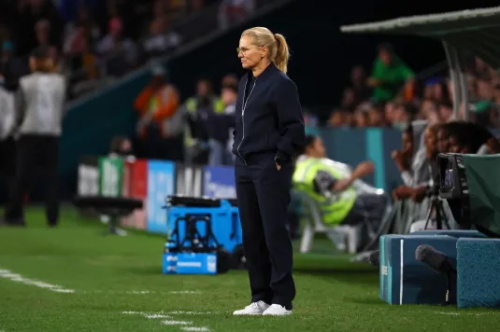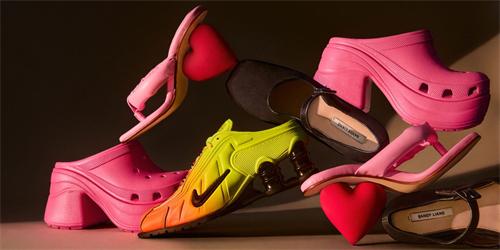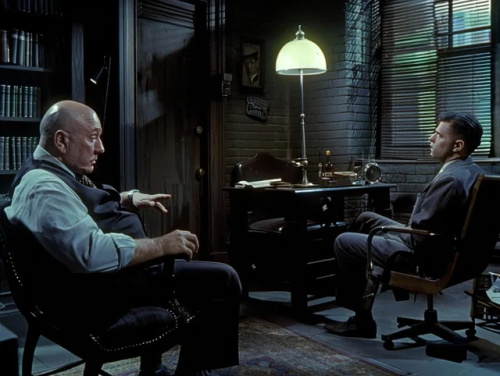Why Female Coaches Are Still Rare in Professional Leagues

Competitive sports have long been seen as a male-dominated arena, a perception that dates back to the ancient Olympic Games—an event where participation was almost entirely male, with women explicitly excluded. It wasn’t until modern times, with the evolution of social norms and scientific understanding, that women were gradually allowed to compete and began to shine in various sports. However, the integration of gender and sports has been anything but smooth—particularly when it comes to coaching positions in professional leagues, where the absence of female coaches remains striking.
Traditional Views and Gender Bias
For generations, the belief that “sports equals masculinity” has been deeply entrenched. Women pursuing careers as coaches often face skepticism or outright bias. In such an environment, the scarcity of female coaches means that younger women lack role models, making it difficult for them to envision themselves in the profession. Even when they possess the necessary skills and experience, female coaches are frequently held to higher standards and rewarded less—both in terms of job opportunities and compensation.
The “old boys’ club” culture remains widespread in sports organizations, where leadership tends to favor hiring male coaches. Women struggle to build professional networks, which hampers their promotion and long-term participation in the industry. For example, ahead of the 2023 Women’s World Cup, FIFA came under fire for recruiting only male players for its referee training program, ignoring female athletes entirely—a move that highlighted the persistent gender-role stereotypes among sports administrators.
Structural Barriers and Limited Opportunities
In many regions, women have fewer opportunities than men to receive sports education and professional training, limiting their ability to enter the industry from the outset. Societal expectations often tie women’s roles closely to family and caregiving responsibilities, which leads many female athletes to pursue other careers after retirement instead of coaching. This trend further weakens the pipeline of potential female coaches.
Even in countries with laws promoting gender equality—such as Title IX in the United States, which prohibits gender discrimination in education—implementation often faces criticism and obstacles. For instance, some argue that allowing transgender athletes to participate in women’s sports may create resource imbalances and further reduce opportunities for cisgender women, thus introducing a new layer of inequality.
Double Standards and Stereotypes
Female coaches face not only structural barriers but also the constant challenge of navigating gender expectations in their behavior. Studies show that when female coaches exhibit traits like empathy and attentiveness—qualities aligned with traditional gender stereotypes—they’re often perceived as lacking leadership. Conversely, when they show confidence and decisiveness, they’re criticized as “unfeminine.” This “damned-if-you-do, damned-if-you-don’t” double standard makes it incredibly difficult for female coaches to gain full recognition.
An even deeper stereotype is the belief that a female coach can either be competent or likable—but rarely both. This kind of psychological bias against female leadership reveals the deep-seated gender inequality still present in the world of sports.
The media has significant influence over how the public understands and interprets events. Yet coverage of female coaches and athletes often overlooks their professional achievements in favor of focusing on their appearance, family life, or personal stories. This biased portrayal not only diminishes the visibility of women in sports but also reinforces the notion that they’re less suited for leadership roles.
Despite these challenges, more and more girls and young women are breaking barriers and fearlessly pursuing careers in sports. Countries around the world are also pushing for gender equality in the industry through legislation, policy changes, and educational reform. But to truly shift the status quo, we must dismantle entrenched stereotypes and build a fair, sustainable environment for female coaches to thrive.
The scarcity of female coaches isn’t due to a lack of talent—it’s because the system still isn’t ready to fully support them. Only by addressing the issue on institutional, cultural, and societal levels can gender equality in sports become a reality.
RECOMMEND FO YOU



